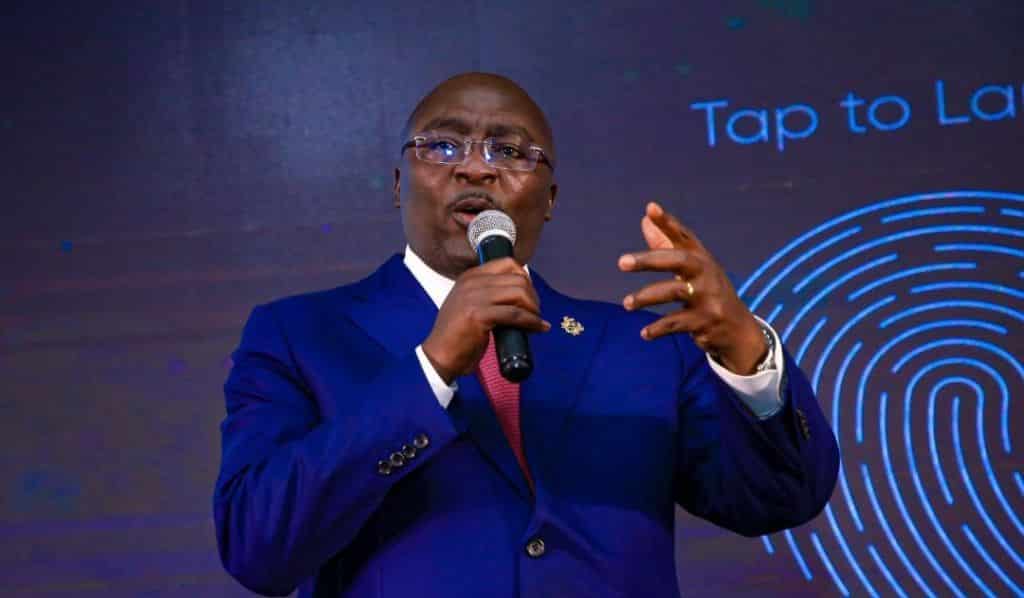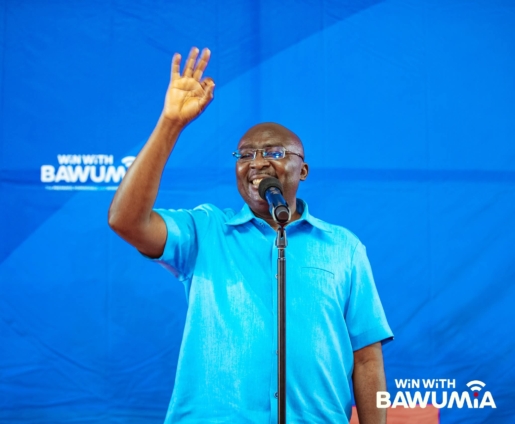The flagbearer of the New Patriotic Party (NPP), Dr Mahamadu Bawumia, has disclosed a strategy to stabilise the local currency if he is elected president in the December 7 elections.
According to him, his ultimate goal is to back the cedi with the country’s gold to ensure the currency’s stability.
It’s more like the Gold for Oil (G4O) program in Ghana, which is strategically devised to eliminate the necessity for foreign exchange, specifically dollars, in the pricing mechanism of petroleum products.
The promoters of the G4O policy intentionally excluded the exchange rate from the pricing formula for fuel and utilities so that domestic fuel vendors are relieved of the requirement for foreign currency when importing petroleum products.
Speaking at a meeting with Organised Labour on May 29, Dr Bawumia said there is no anchor to hold the cedi except to back it with gold.
“Ultimately, my goal is that we are going to back our currency with gold, and that is where I want us to go, increasingly backing our currency with gold. Because it is very easy for us to do so if you keep having the gold reserves.
“And that will keep a lot of stability in the exchange market. Because right now we don’t have an anchor to hold the currency, but if we back it with gold, it will be very stable, because its value ultimately will be reflected by the value of gold, which is very stable.”
The cedi continues to give grounds to the US dollar with the year-to-date depreciation at 17.88%. It is presently going for GH¢14.90 to a dollar on the retail forex market.
Businesses have expressed their frustration about the state of the cedi.
The situation is affecting all sectors of the economy; however, some key sectors that are particularly affected by the depreciation include consumer and household goods, agricultural inputs like fertilisers and pesticides, oil, and gas (gas and diesel) and agribusiness and processed foods.
Some financial and currency analysts believe the depreciation had happened because of supply and demand fluctuations, the lack of access to international capital markets, shortage of foreign direct investment, poor cocoa harvests, government/ Bank of Ghana averting leakage of foreign remittances.
Some economists also say whenever Ghana’s fiscal and monetary policies were relatively loose, the exchange rate tended to experience large depreciations.
















